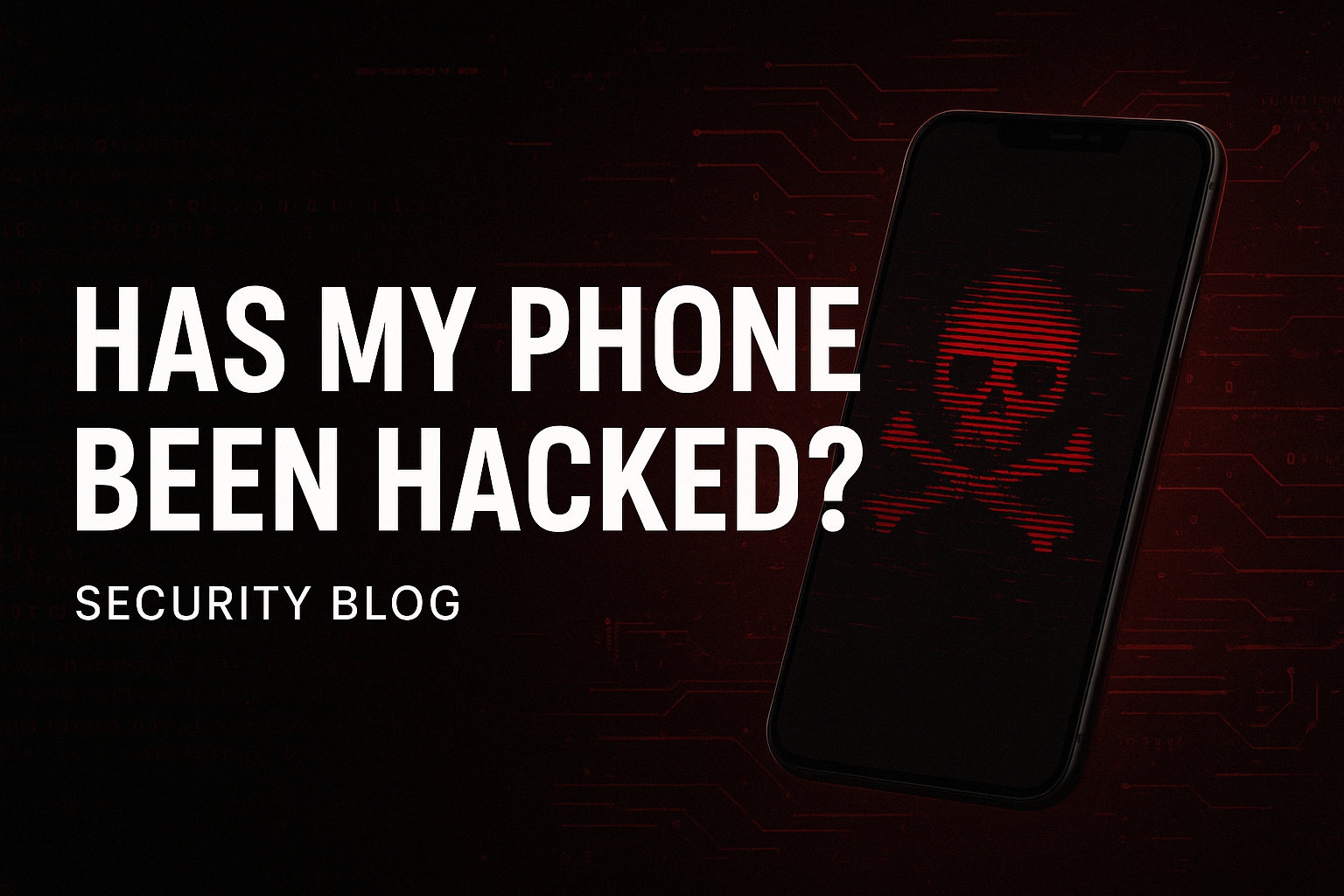Smartphones have become our closest digital partners. We use them to talk, pay, navigate, store memories, and manage work. But the more we rely on them, the more valuable they become to hackers, cybercriminals, and even state-level surveillance groups.
If you have ever wondered:
- “Is someone tracking my phone?”
- “Can hackers read my messages?”
- “Why does my phone feel slower or behave strangely?”
You’re not alone.
The Pegasus Example: When Phone Surveillance Becomes Real
One of the most infamous cases of smartphone monitoring is the Pegasus spyware developed by the Israeli cyber intelligence company NSO Group. Unlike typical malware, Pegasus doesn’t need you to click anything. It can enter your phone through missed calls or messaging apps and silently access:
- Calls and WhatsApp chats
- Microphone and camera
- Location data
- Passwords and files
Its target audience? Journalists, politicians, activists, and high-value business executives. Pegasus proved something important:
Modern smartphones are not unhackable. Even without user mistakes, surveillance can happen.
How to Tell if Your Phone Might Be Hacked
Not all strange phone behavior means hacking – but certain signs are worth paying attention to.
1. Battery Drains Faster for No Reason
Malware running in the background consumes power, even when you’re not using the phone.
2. Phone Gets Warm When Idle
If your phone heats up when the screen is off, background processes may be active.
3. Strange Apps or Permissions You Don’t Remember Granting
Spyware often hides behind harmless-looking apps.
4. Your Data Usage Suddenly Increases
Malicious software constantly sends collected data to external servers.
5. Unexpected Pop-ups or Redirects
Could indicate adware or spyware injection.
6. You Hear Echoes or Clicks During Calls
This does not always mean tapping, but consistent call interference is a warning sign.
What to Do If You Suspect Your Phone Is Hacked
| Action | Why It Helps |
|---|---|
| Change your account passwords | Prevents access spreading to other devices |
| Update your OS immediately | Patches known security vulnerabilities |
| Check and uninstall unknown apps | Many spyware tools disguise as utilities |
| Reset network settings | Cuts off suspicious background connections |
| Factory reset (if needed) | Clears deep-level malware entirely |
| Use end-to-end encrypted messaging (Signal / WhatsApp) | Makes intercepted messages hard to read |
If you are a journalist, executive, or working with sensitive information, you may also consider:
- Using two phones: one for personal use, one for work
- Avoiding public Wi-Fi without VPN
- Turning off your phone when traveling through high-risk regions
The Security Role of Signal Jammers (When Used Properly)
Legal and authorized entities use cell phone signal jammers as preventive security tools, not as offensive devices.
1. Protecting Confidential Meetings
In government agencies, boardrooms, research labs, and defense sectors, signal jammers blockers help prevent:
- Wireless eavesdropping
- Hidden microphone recordings
- Smartphone-based espionage
2. Ensuring Fair Examinations
Educational institutions may use controlled jamming systems to block unauthorized communication during exams.
3. Low-Altitude Airspace Security
Correctional facilities and airports use drone jammers to stop:
- Unauthorized drones
- Smuggling via aerial delivery
4. Maintaining Public Order in Sensitive Venues
Concert halls, hospitals, and certain legal environments deploy regulated jamming to maintain quiet and prevent disruption.
So, a mobile jammer is not a “privacy escape tool.” It is a localized security measure when digital silence is necessary.
FAQ
Q: Can hackers really monitor my phone without me knowing?
Yes, especially if the device has not been updated regularly or if advanced state-level spyware is involved.
Q: Is every overheating phone hacked?
No. Battery age, apps, and system updates can also cause heat. Look for multiple signs.
Q: Is it legal to buy a jammer?
It depends on your country. Purchasing may be allowed, but unauthorized use can be restricted. Always follow local laws.

